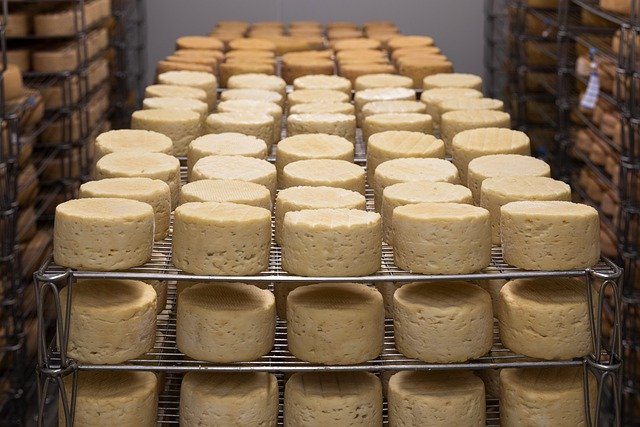Food waste is a big environmental concern right now. As the population increases and more pressure is put on the food supply, it is becoming apparent that a huge amount of food is wasted in developed countries. A lot of that waste comes from from all ends of the supply chain, from the big commercial manufacturers to the individuals at home, but there are things that all of us can do to stop the waste.
Many consumers make decisions based on environmental responsibility, so if your new food business is not considerate about waste, you could lose customers as a result. You’re also wasting money if you are unnecessarily wasting raw ingredients. The good news is, with a few simple changes to your operation, you can drastically reduce waste. Here’s what you can do.
Accurately Measuring Ingredients
When you are making your products, you have to put certain amounts of ingredients in. If you are using pre-packaged ingredients, this is easy because they will have their own specified measurements on the packaging. You’ll know exactly how much of each ingredient to use.
However, if you’re not doing just this and instead are measuring your own ingredients, you need to be accurate and precise. Invest in high-quality commercial and industrial scales to ensure that you are only using exactly what you need. This will help you order materials more accurately so everything gets used and nothing is wasted.
Improving Refrigeration Systems
Most of your waste will be caused by the fact that food spoils. If you have a refrigerated operation, then it makes sense to invest in improving your refrigeration systems. The more cold storage space you have, the less chance there is of food going bad or being placed on hold for too long. Ideally, you will find reputable commercial refrigeration services that will maintain your refrigeration system running at high efficiency while lowering energy cost.
This is also an important consideration when shipping food. If food is better refrigerated and it is in better condition when it hits the shelves, it will last longer in consumer’s homes after purchase. This means that they are more likely to finish it before it spoils.
Better Packaging
Packaging is a contentious topic. A lot of people think that when there is too much packaging, it results in more waste. However, the right type of packaging is actually helpful in keeping food fresh for longer and preventing spoilage.
When you are choosing packaging materials, look at different types of plastics and paper. There are some that can be recycled or composted, so think about using these options. However, you also need to consider how well the food will keep in the packaging. Finding a balance between the two can be difficult but it’s crucial in the fight against waste.
Educating Consumers
Manufacturers can help to reduce waste by educating their customers. People may not know the best way to store food for increased longevity, for example, and telling them this information will cut waste. Adding more information to your packaging about how to make food last longer without spoiling can make a big difference.
If you run a food manufacturing business, you have a responsibility to help in the fight against food waste. These simple changes can make a huge difference.
